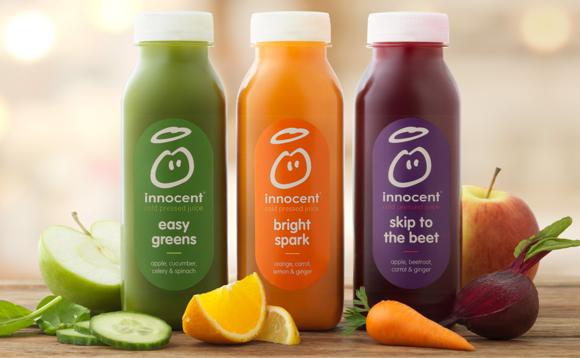
Benelux's packaging firms playing hard to get with PE

Failed take-private efforts by GPs have meant activity in the region has remained dominated by small-cap and lower-mid-market deals
Thwarted take-private bids from PE houses for packaging companies have led to a drop in aggregate deal value in the Benelux region. Gregoire Gille reports
Latest News
Stonehage Fleming raises USD 130m for largest fund to date, eyes 2024 programme
Sponsor acquired the public software group in July 2017 via the same-year vintage Partners Group Global Value 2017
Stonehage Fleming raises USD 130m for largest fund to date, eyes 2024 programme
Czech Republic-headquartered family office is targeting DACH and CEE region deals
Stonehage Fleming raises USD 130m for largest fund to date, eyes 2024 programme
Ex-Rocket Internet leader Bettina Curtze joins Swiss VC firm as partner and CFO
Stonehage Fleming raises USD 130m for largest fund to date, eyes 2024 programme
Estonia-registered VC could bolster LP base with fresh capital from funds-of-funds or pension funds
Back to Top








